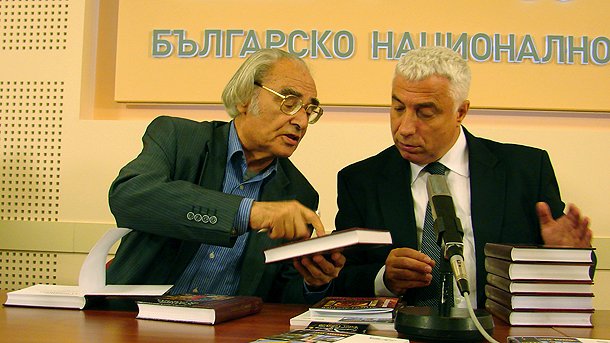
The truth is a blessing for those who are ready to go to the end. These words belong to author and screenwriter Svoboda Bachvarova, whose 100th birthday is celebrated on January 11. According to her, cynicism is the biggest blow to humanity. Fired..
The connection between Bulgaria, "Dali's Moustache" and Picasso is a topic that could remain widely discussed in the next few years, and perhaps even decades. The reason for this is not related to new technologies and artificial intelligence, nor to..
The latest project by director Stefan Komandarev, "The Block Universe", is one of the 35 selected projects at the most important global forum for film co-productions, the Berlinale Co-Production Market. Every year there are hundreds of candidates,..
''The Man Who Could Not Remain Silent'' was nominated for an Academy Award in the category of Best Live Action Short Film. It is a co-production with..
The well-known Cameroonian writer and activist, winner of the Prix Goncourt des Lycéens 2020, Djaili Amadou Amal , is visiting Bulgaria to participate in..
The Sofia MENAR Festival presents films dedicated to art in a selection entitled MENARt, BTA reports. On January 25, at the Cinema..

+359 2 9336 661
